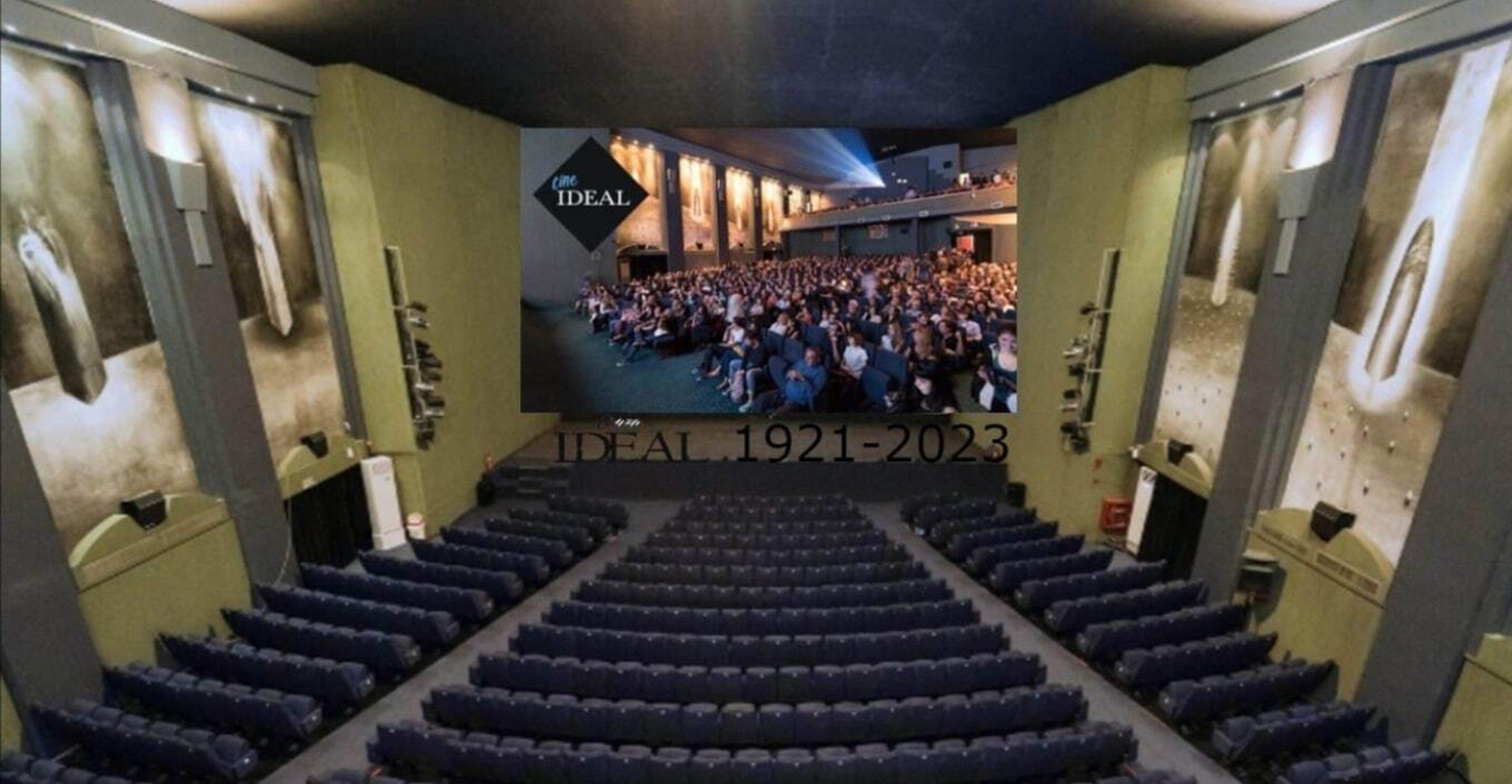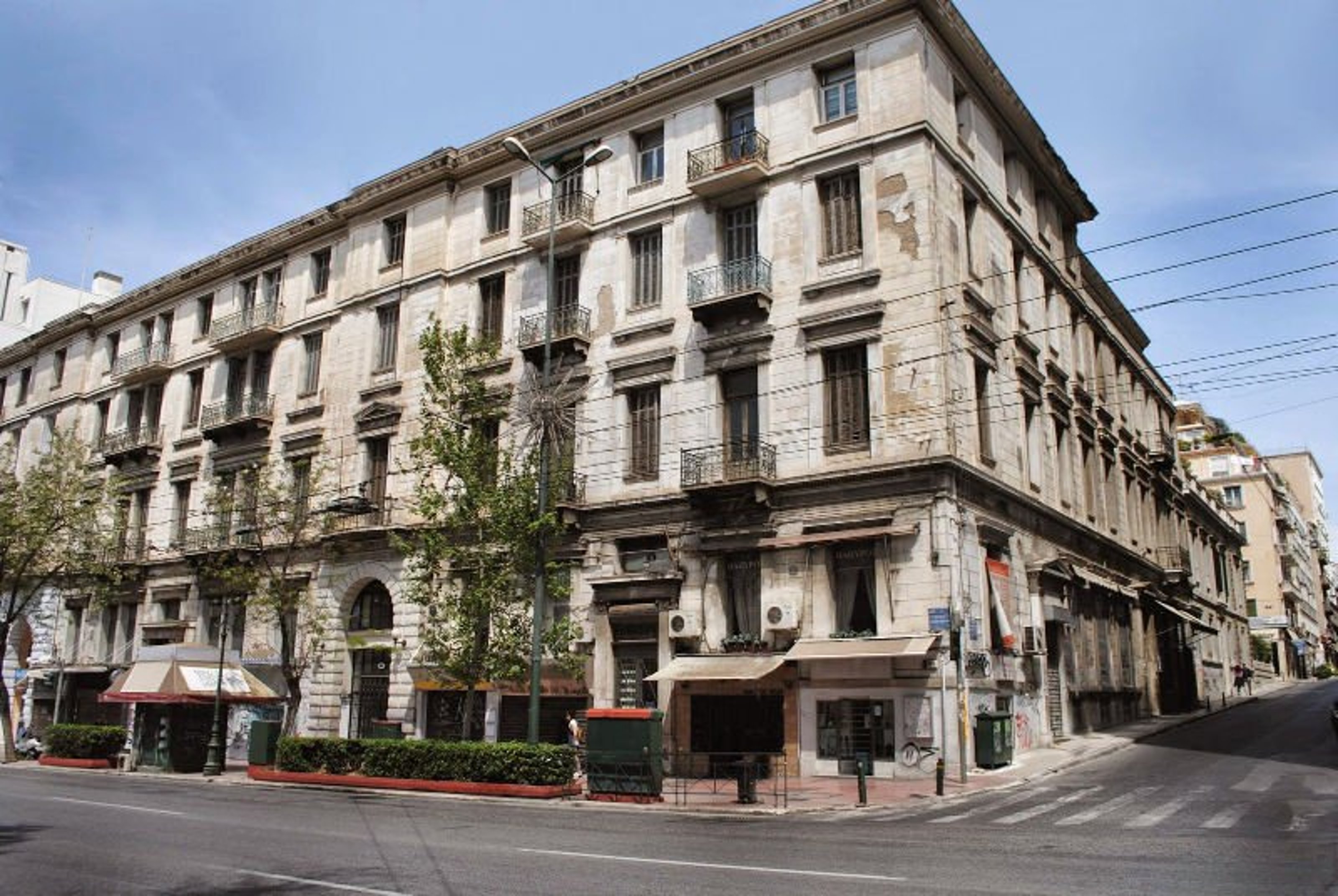The "WANDERLUST ALL PASSPORTS" exhibition, curated by Kostas Prapoglou and organized by Artefact Athens, which is founded and owned by the curator himself, has stirred deep controversy in Athens, revealing troubling intersections between art, genocide, corporate interests, and Athens’ cultural legacy. Positioned as an international “art celebration”, the exhibition is underwritten by sponsors with significant stakes in military and energy sectors, including THEON Group, EFA Group, Island Oil Holdings, and initially, the Embassy of Israel, whose logo was only removed from the event’s promotion after public outcry. The implications of these sponsorships, particularly against the backdrop of what credible legal experts believe constitute genocide in Gaza, have raised serious ethical concerns. These connections have placed the exhibition at the center of debates about artwashing, genocide, gentrification, and the responsibilities of cultural institutions to maintain ethical boundaries.
One of the core criticisms of this exhibition revolves around its sponsorship. Among the primary backers are the THEON Group and EFA Group, both active in manufacturing defense technologies, and Island Oil Holdings, which supplies fuel for marine operations, including in Israel. In a highly charged political climate, the presence of such sponsors has sparked backlash, with activists, artists, and collectives accusing the exhibition of sanitizing or concealing the genocidal actions of its sponsors’ activities.
Protests against Wanderlust All Passports exhibition, Athens, 2024.
An initial response from the Athens community centered on the involvement of the Israeli Embassy, which was originally listed as a supporter of the exhibition. On October 14th, after public pressure and statements from organizations like BDS Greece and the Chamber of Fine Arts of Greece , the Embassy of Israel’s sponsorship was withdrawn, and its logo removed from promotional materials. However, other corporate sponsors, such as THEON Group, EFA Group, and Island Oil Holdings, remain, prompting further protests from local and international voices.
The exhibition, housed in the Schliemann-Mela Mansion (a building associated with the Ideal Cinema) and leased by Mitsis Hotels for 35-45 years, has further complicated matters by allegedly including artists without transparent disclosure regarding its sponsorship. According to reports, Jonas Mekas and Pipilotti Rist are among the participants, but when asked by one of the activists, the estate of Jonas Mekas which is managed by Sebastian Mekas, noted that they were not aware of the exhibition, not in contact with the organizers, nor of the sponsors or Mekas' videos’ inclusion. This lack of transparency has raised alarms among artists and community members, who question the ethics of enlisting creative figures without their full understanding of the exhibition's funding sources.

Ideal Cinema, Panepistimiou Street, Athens.
Mitsis Hotels’ decision to appoint Kostas Prapoglou as curator for “Wanderlust All Passports” serves a dual purpose. By staging an art exhibition in the historic Schliemann-Mela Mansion—a building once home to the beloved Ideal Cinema—the company redirects resistance to the cinema’s closure into a passive acceptance of its future repurposing. The exhibit’s presence temporarily masks the broader aim to transform this 102-year-old cultural landmark into a luxury hotel space, diverting focus from the neighborhood’s steady gentrification. Yet more concerning, the exhibition aligns with sponsors connected to the defense industry, including those profiting from the ongoing violence and genocide against the Palestinian people. This collaboration is a clear example of how art is often positioned as a tool to obscure harmful corporate interests, reshaping both Athens’ cultural landscape and public memory in service of economic and political agendas detached from the community’s needs and values.
Reports from the local artist community suggest that contractual and compensation practices under Artefact Athens may be problematic. According to these reports, artists engaged in exhibitions by the curator Kostas Prapoglou have allegedly been given minimal contractual security and, in some cases, have not received financial compensation for their work. As a result, labor rights concerns have added another layer to the controversy, with artists reportedly feeling exploited by practices that fail to honor their contributions to cultural projects adequately. This is especially concerning in a climate where many artists already operate under precarious conditions and are dependent on fair compensation and treatment to sustain their work.

Schliemann-Mela Mansion, Athens.
In response to the exhibition and its sponsorship, artists and activists have voiced their objections through public demonstrations and written statements. On October 17, 2024, the groups Artists Against Genocide and Artwashing GR organized a protest at the Schliemann-Mela Mansion, read a statement and distributed materials critiquing the exhibition’s affiliations and its implications for the community. Attendees have reported that security personnel attempted to disrupt the distribution of these materials and remove protest banners. Furthermore, there are accounts of security personnel, organizers and the curator harassing and photographing protesters, which some activists interpreted as an attempt to intimidate or discourage participation in public dissent.
On October 17, the Union of Workers in Contemporary Art (Greece) issued a statement expressing full support for the protesting artists and all those standing in solidarity with Palestine and Lebanon, condemning Israel’s actions. Later, on November 1, the Union of Employees of the National Museum of Contemporary Art in Athens also released a statement, denouncing both genocide and artwashing, and affirming their complete support for the artists engaged in protest.
On October 25th, artist Eleni Zervou withdrew her participation from the exhibition issuing a statement. She acknowledged that removing the Israeli embassy as a sponsor—an outcome largely driven by BDS Greece’s open letter and activist pressure—was a positive step, but criticized curator Kostas Prapoglou’s rationale for the decision, which seemed more focused on avoiding criticism than condemning the ongoing genocide in Palestine. Zervou highlighted her belief that one need not be a politician to take a moral stance, dismissing claims that art’s “unifying” nature should preclude ethical accountability. She also condemned the alleged intimidation of Artists Against Genocide and Artwashing GR at the exhibition’s opening, pointing to security’s treatment of protestors as a troubling reflection of the organizers' priorities. While grateful for the chance to exhibit alongside esteemed colleagues, Zervou concluded she could no longer support an exhibition with these affiliations and responses.
The sponsorship structure of “Wanderlust All Passports” raises pressing questions about the integrity of cultural spaces amid blurred lines between art and corporate interests. Artwashing—where corporations use art sponsorships to obscure or sanitize aspects of their business—has long troubled global art communities, particularly when linked to industries like defense and energy. Activist groups and local artists involved in this protest fear that military-affiliated sponsorships risk normalizing these industries by associating them with the intellectual credibility that art commands, potentially suggesting tacit approval of corporate actions that include supplying equipment to global conflicts. These affiliations compromise the art world’s ability to stand independently and ethically, undermining its role as a critical voice in society.
Athens, like many other cities, faces growing concerns about the intersection of art and commerce, particularly as it relates to gentrification. Cultural spaces that were once accessible to the public are increasingly privatized, their roles as community hubs supplanted by commercial interests. This shift not only impacts the artistic community but also changes the very fabric of the neighborhoods these spaces once supported. As a result, the criticisms surrounding “Wanderlust All Passports” resonate beyond this single exhibition and touch on larger issues of ownership, control, and the future of urban cultural landscapes.
The controversy surrounding “Wanderlust All Passports” is a reminder of the critical need for transparency and ethical oversight in art sponsorship. The concerns raised by Athens artists and activists reflect a demand for cultural institutions to hold themselves accountable to the communities they represent. As art increasingly intersects with commercial and political interests, curators, sponsors, and institutions must be vigilant in ensuring that these partnerships do not erode the values or integrity of the work they present.